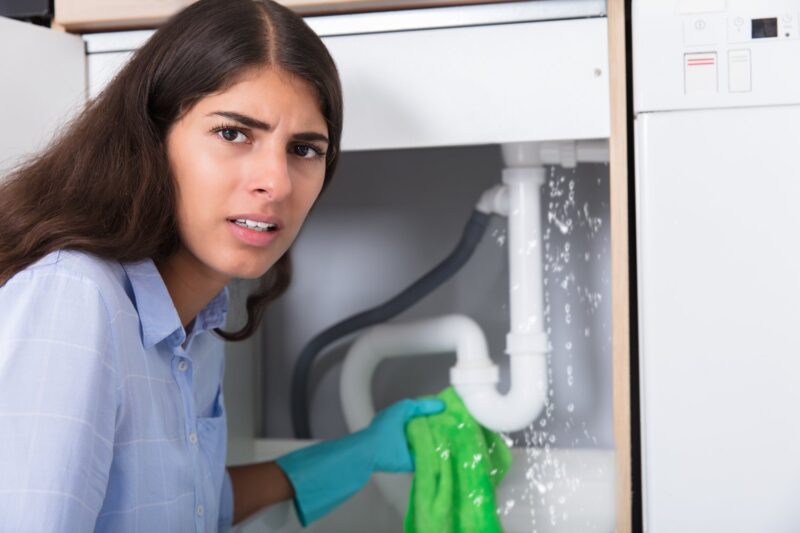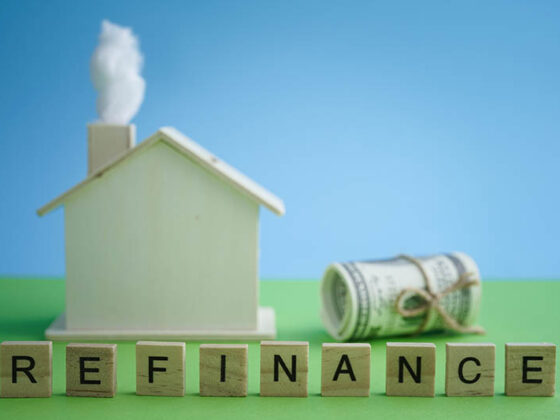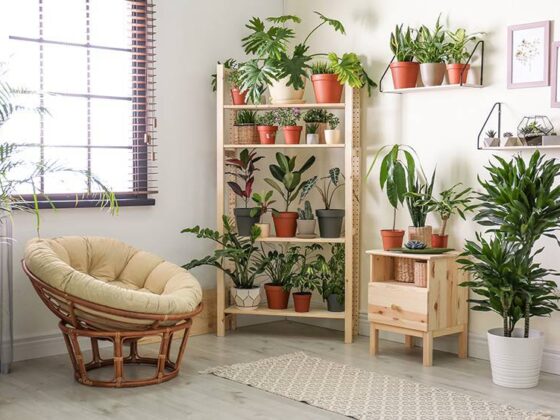Plumbing emergencies can strike at any time, often without warning, and can cause significant damage to your home if not addressed promptly. Knowing the most common plumbing emergencies and how to deal with them can save you from stress, expense, and extensive repairs.
In this guide, we’ll cover the top five common plumbing emergencies and provide tips on how to handle them effectively, including when to call an emergency plumber.
1. Burst Pipes
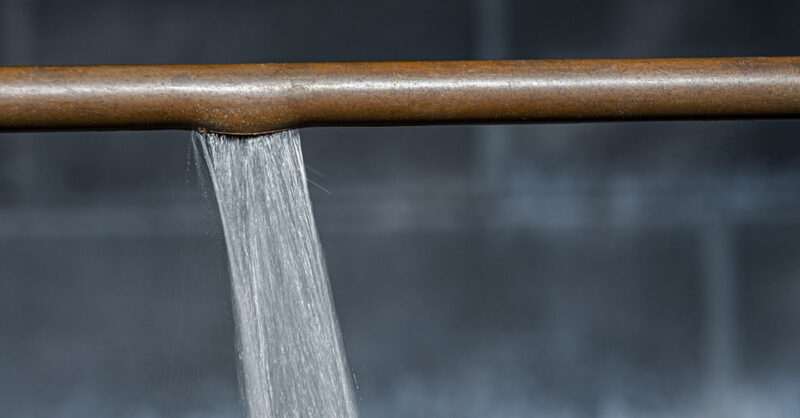
Causes and Prevention
Burst pipes are one of the most severe plumbing emergencies. They can cause extensive water damage to your property, ruin personal belongings, and lead to expensive repairs. Burst pipes are often caused by:
- Freezing temperatures: When water in pipes freezes, it expands and can cause the pipe to burst.
- High water pressure: Excessive water pressure can stress pipes and cause them to burst.
- Corrosion: Over time, pipes can corrode and weaken, making them more susceptible to bursting.
To prevent burst pipes, insulate your pipes during winter, monitor and regulate your water pressure, and replace old or corroded pipes.
What to Do
If a pipe bursts in your home, act quickly to minimise damage:
- Turn off the main water supply: This stops the flow of water and prevents further damage.
- Drain the system: Open all taps to drain any remaining water in the system.
- Call an emergency plumber: A professional plumber can assess the damage, repair the burst pipe, and advise on preventing future incidents.
2. Blocked Drains
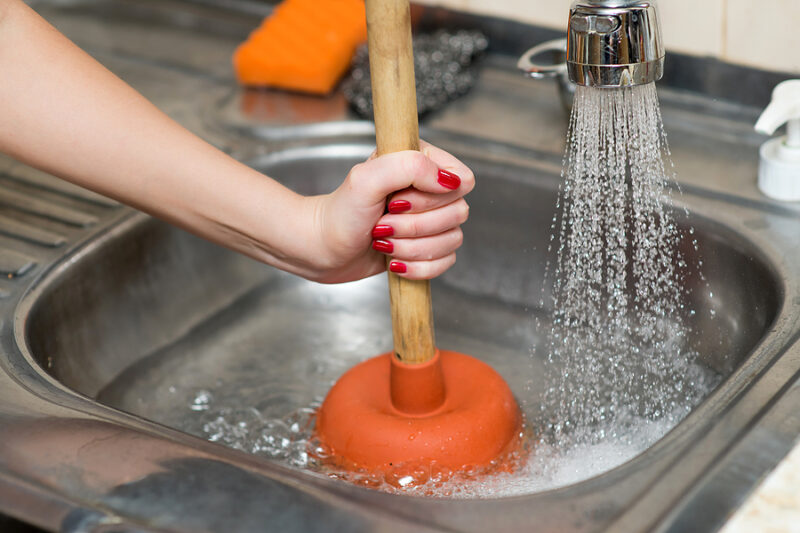
Causes and Prevention
Blocked drains are a common household issue that can lead to unpleasant smells, slow drainage, and, in severe cases, flooding. Common causes of blocked drains include:
- Accumulation of debris: Hair, soap scum, food particles, and grease can build up in pipes over time.
- Foreign objects: Items like wipes, sanitary products, and toys can get stuck in the pipes and cause blockages.
- Tree roots: Roots from nearby trees can grow into pipes and cause blockages.
To prevent blocked drains, avoid flushing foreign objects down the toilet, use drain covers to catch debris, and regularly clean your drains.
What to Do
If you have a blocked drain, try the following steps before calling an emergency plumber:
- Use a plunger: A plunger can often dislodge minor blockages.
- Try a drain snake: A drain snake can reach further into the pipes to remove blockages.
- Use a drain cleaner: Chemical drain cleaners can dissolve minor blockages, but use them sparingly to avoid damaging your pipes.
If these methods don’t work, call an emergency plumber to professionally clear the blockage and check for any underlying issues.
3. Leaking Taps and Fixtures
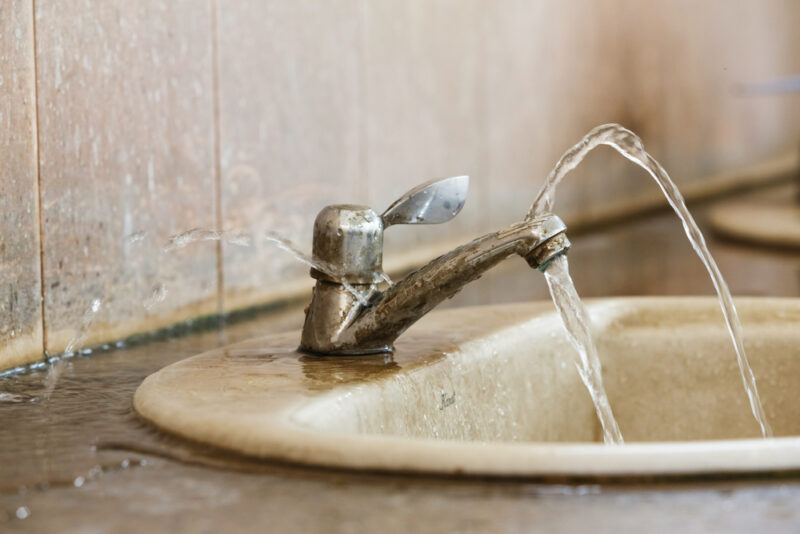
Causes and Prevention
Leaking taps and fixtures are not only annoying but can also waste a significant amount of water and increase your utility bills. Common causes of leaks include:
- Worn-out washers: Washers can wear out over time and cause leaks.
- Corroded valve seats: Corrosion can cause the valve seat to leak.
- Loose parts: Over time, parts can become loose and cause leaks.
Regular maintenance and replacing worn-out parts can prevent leaks.
What to Do
If you notice a leaking tap or fixture:
- Turn off the water supply: This prevents further water waste.
- Replace washers or seals: Often, replacing a washer or seal can fix the leak.
- Call an emergency plumber: If the leak persists, a plumber can identify and fix the issue, ensuring no further damage occurs.
4. Overflowing Toilets
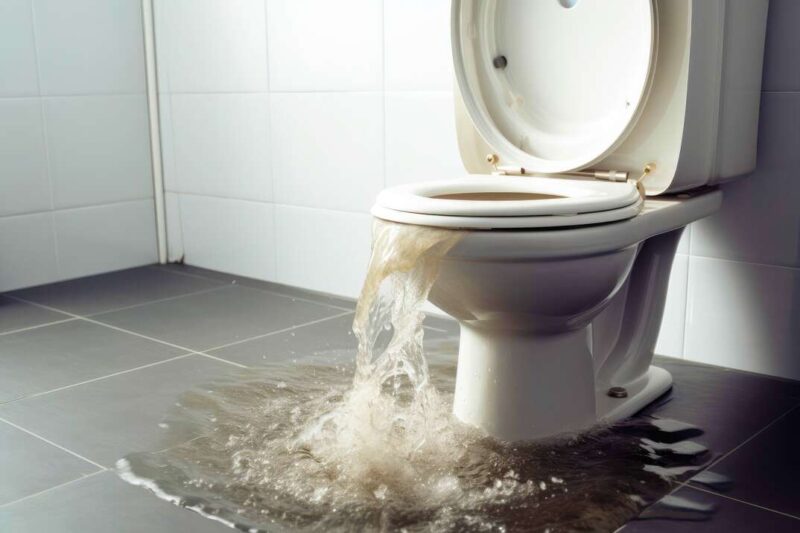
Causes and Prevention
An overflowing toilet is a distressing plumbing emergency that can cause water damage and unsanitary conditions. Common causes include:
- Blockages: Blockages in the toilet or sewer line can cause the toilet to overflow.
- Malfunctioning float: If the float is not working correctly, it can cause the tank to overfill.
- Broken parts: Components like the fill valve or flapper can break and cause the toilet to overflow.
To prevnt overflowing toilets, avoid flushing non-flushable items and regularly maintain your toilet components.
What to Do
If your toilet overflows:
- Turn off the water supply: Turn off the valve behind the toilet to stop the flow of water.
- Try to clear the blockage: Use a plunger or drain snake to clear any blockages.
- Call an emergency plumber: If you cannot clear the blockage or the toilet continues to overflow, call a plumber to diagnose and fix the problem.
5. Water Heater Malfunctions
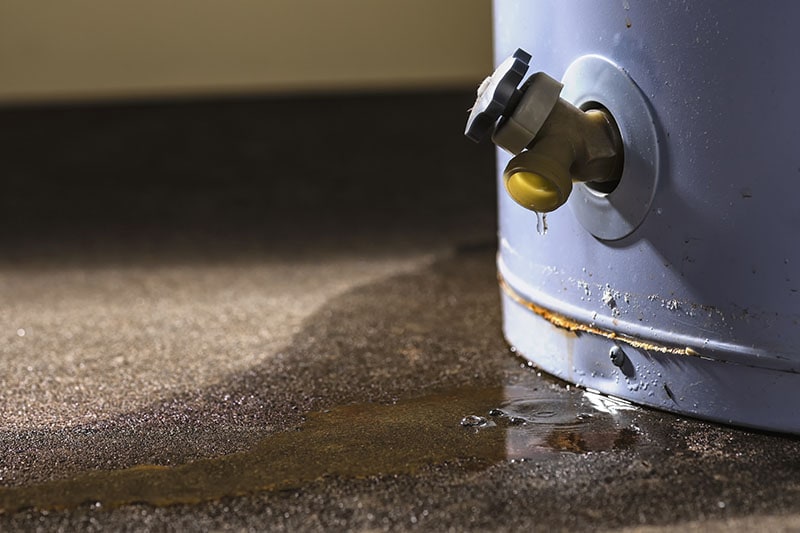
Causes and Prevention
A malfunctioning water heater can leave you without hot water, which is especially inconvenient during cold weather. Common issues include:
- Sediment build-up: Over time, sediment can build up in the tank and cause the water heater to malfunction.
- Thermostat issues: A faulty thermostat can prevent the water heater from heating water properly.
- Leaks: Leaks in the water heater can cause it to stop working.
Regular maintenance, such as flushing the tank to remove sediment and checking the thermostat, can help prevent these issues.
What to Do
If your water heater malfunctions:
- Turn off the power supply: For electric water heaters, turn off the breaker; for gas heaters, turn off the gas supply.
- Check for leaks: Inspect the water heater for any visible leaks.
- Call an emergency plumber: A professional can diagnose the issue, repair or replace faulty components, and restore your hot water supply.
Conclusion
Plumbing emergencies can cause significant damage and inconvenience, but knowing how to handle them can mitigate their impact. From burst pipes to blocked drains and overflowing toilets, being prepared and knowing when to call an emergency plumber can save you time, money, and stress. Regular maintenance and prompt attention to minor issues can also prevent many plumbing emergencies. Keep this guide handy to ensure you’re prepared for any plumbing emergency that may arise.
